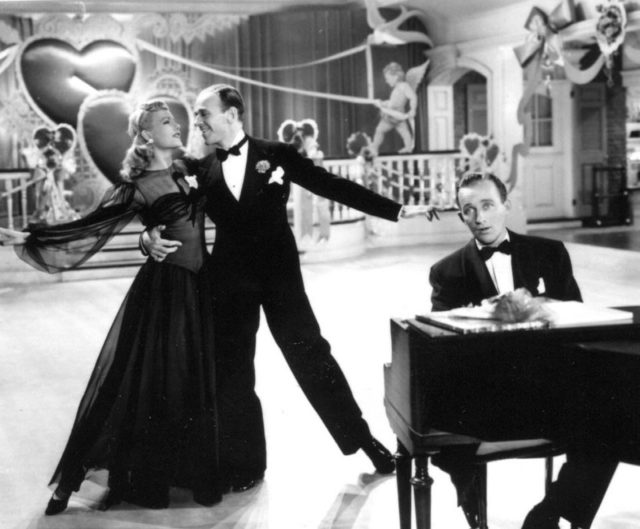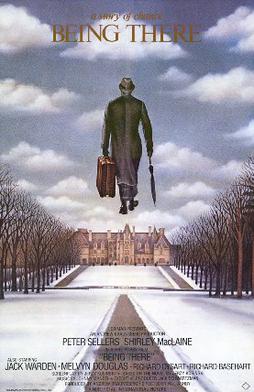1961's The Children's Hour is the second film of Lillian Hellman's play about how gossip and rumor can destroy lives.

The play first came to the screen in 1936 as These Three, but this version is a little more faithful to the original play, though still slightly watered down for 1961 movie audiences.
This is the story of Karen Wright (Audrey Hepburn) and Martha Dobie (Shirley MacLaine), two teachers who run a private girls' school. Tension between the ladies rises when Karen becomes engaged to a handsome doctor (James Garner) and Martha doesn't take the news very well. After eavesdropping on a conversation between Karen and Martha, a vicious student named Mary (Karen Balkin) starts a rumor that Karen and Martha are lovers, a rumor that reaches Mary's wealthy grandmother (Fay Bainter), a major benefactress of the school who makes sure that the women lose their jobs, even though there is no truth to the rumors.

Things get even stickier when it is revealed that Martha really is a lesbian and really in love with Karen, though Karen does not return her feelings. The conflicted feelings of Karen, her fiancee's confusion and Martha's pain of living with this secret all combine to make for riveting drama.

The stars are wonderful, with a particularly brilliant turn from MacLaine, who I think was robbed of an Oscar nomination for her performance as Martha. MacLaine is absolutely devastating throughout, especially in the scene where she confesses her true feelings to Karen. MacLaine ripped my guts out in this film and her performance alone makes the film worth watching. It should also be mentioned that Miriam Hopkins, who plays Lily Mortar, played one of the leads in These Three.
A surprisingly adult drama that will wreak havoc on your emotions, due to the disturbing story and haunting performances.

The play first came to the screen in 1936 as These Three, but this version is a little more faithful to the original play, though still slightly watered down for 1961 movie audiences.
This is the story of Karen Wright (Audrey Hepburn) and Martha Dobie (Shirley MacLaine), two teachers who run a private girls' school. Tension between the ladies rises when Karen becomes engaged to a handsome doctor (James Garner) and Martha doesn't take the news very well. After eavesdropping on a conversation between Karen and Martha, a vicious student named Mary (Karen Balkin) starts a rumor that Karen and Martha are lovers, a rumor that reaches Mary's wealthy grandmother (Fay Bainter), a major benefactress of the school who makes sure that the women lose their jobs, even though there is no truth to the rumors.

Things get even stickier when it is revealed that Martha really is a lesbian and really in love with Karen, though Karen does not return her feelings. The conflicted feelings of Karen, her fiancee's confusion and Martha's pain of living with this secret all combine to make for riveting drama.

The stars are wonderful, with a particularly brilliant turn from MacLaine, who I think was robbed of an Oscar nomination for her performance as Martha. MacLaine is absolutely devastating throughout, especially in the scene where she confesses her true feelings to Karen. MacLaine ripped my guts out in this film and her performance alone makes the film worth watching. It should also be mentioned that Miriam Hopkins, who plays Lily Mortar, played one of the leads in These Three.
A surprisingly adult drama that will wreak havoc on your emotions, due to the disturbing story and haunting performances.
Last edited by Gideon58; 07-18-18 at 01:28 PM.
 .
.
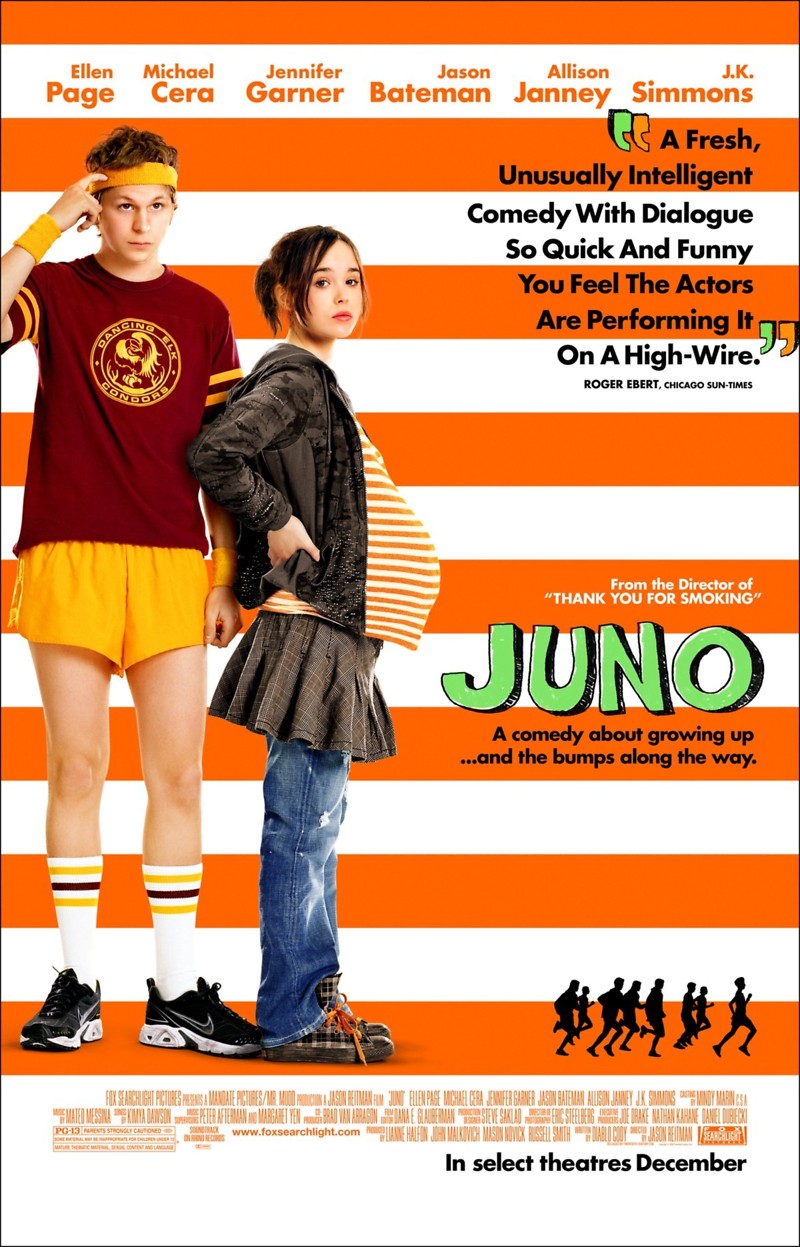
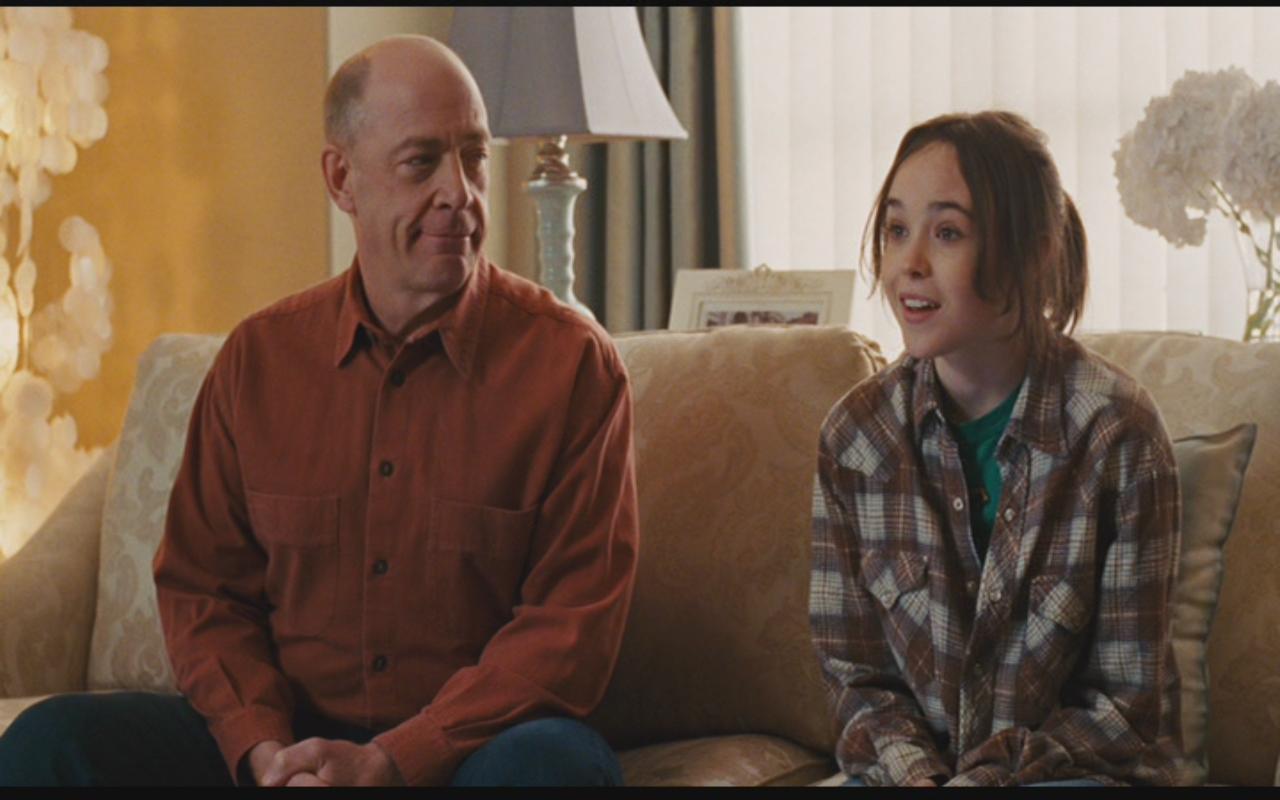





_06.jpg)




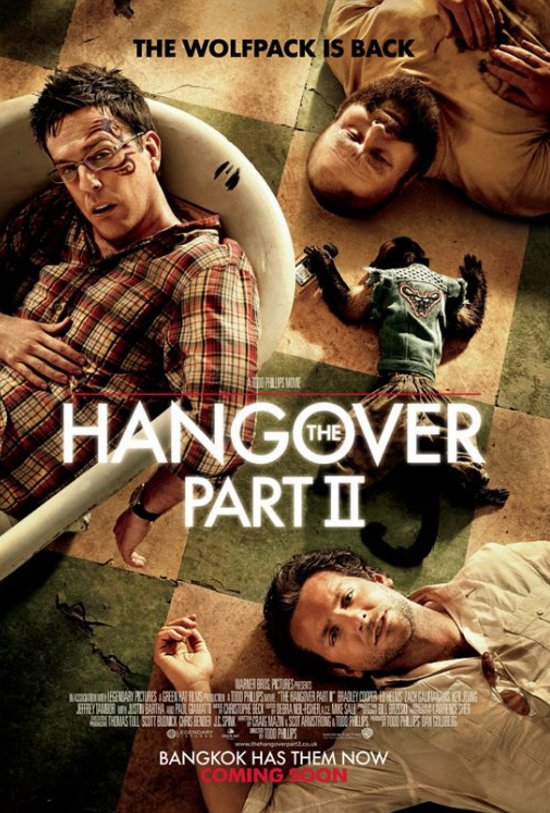


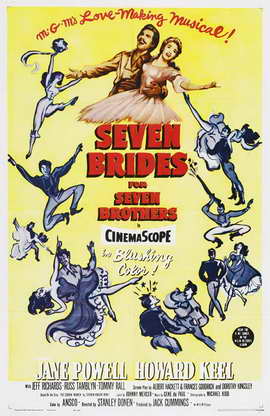
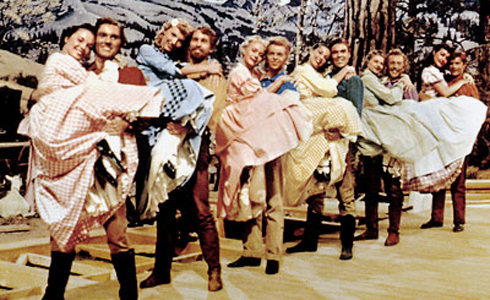
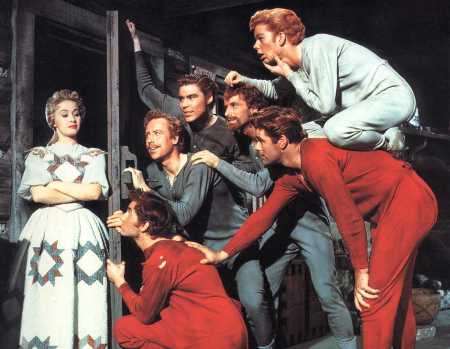
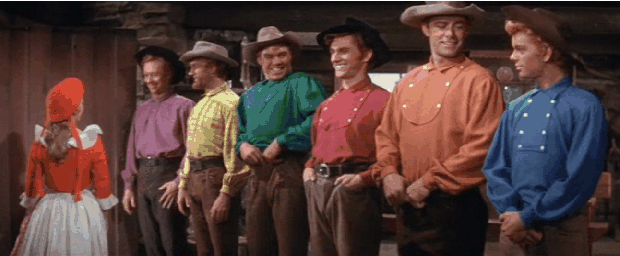





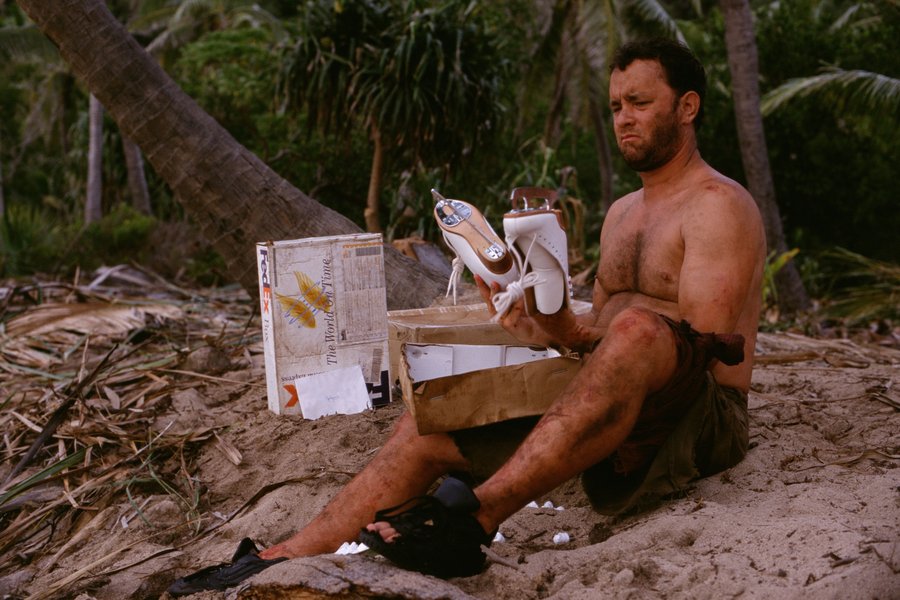



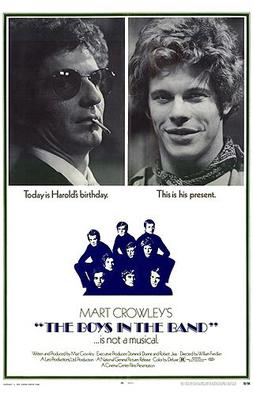
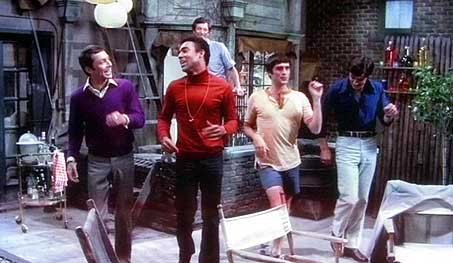
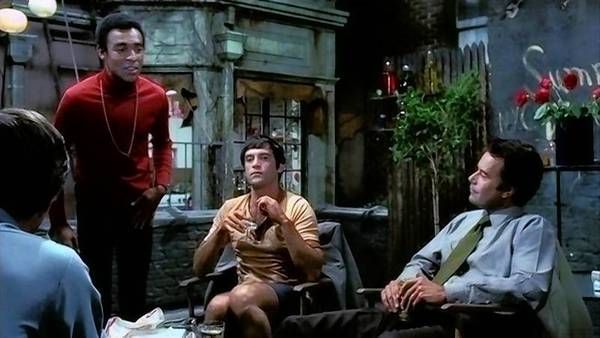
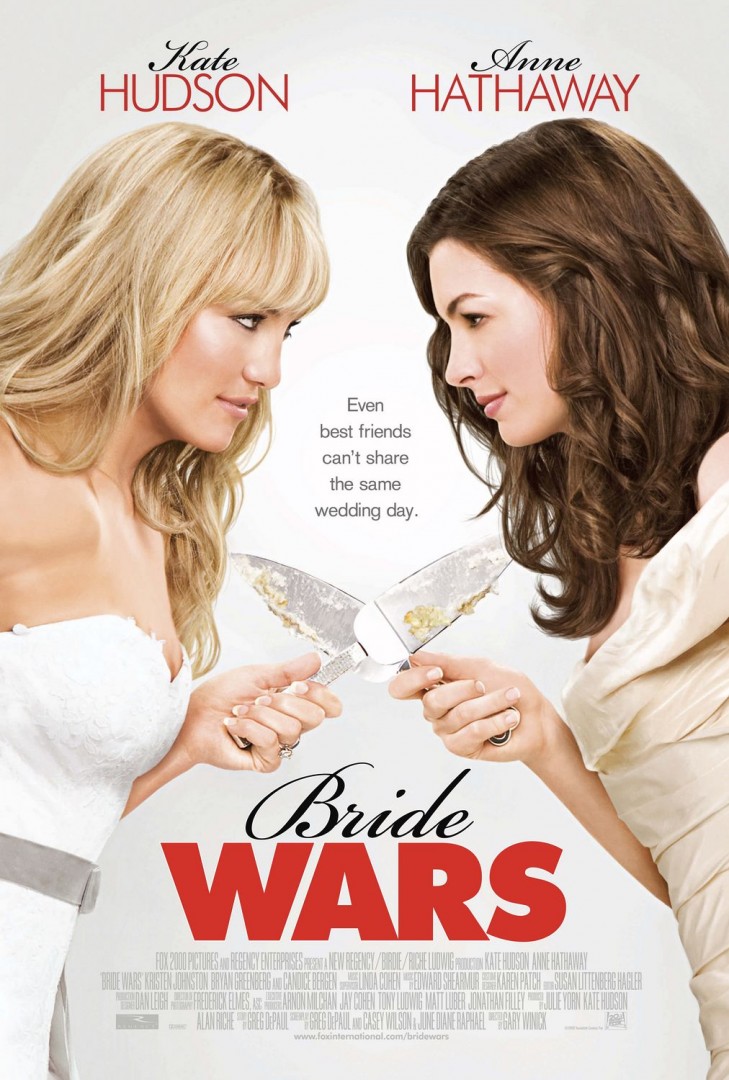
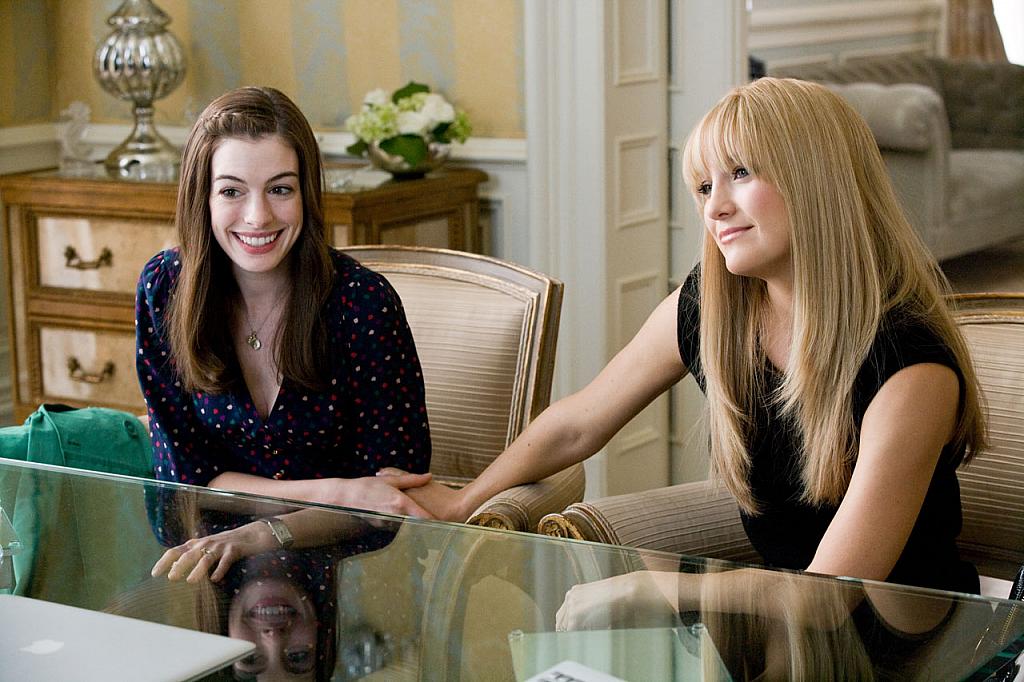
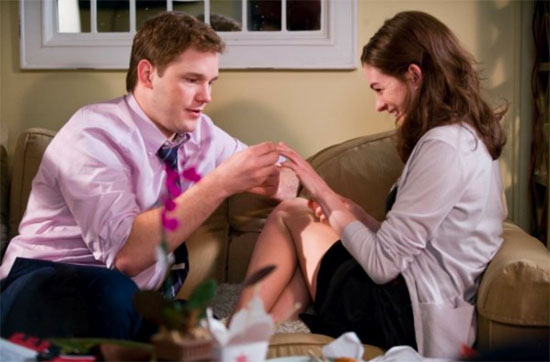
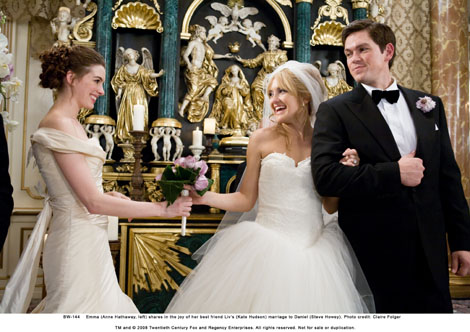

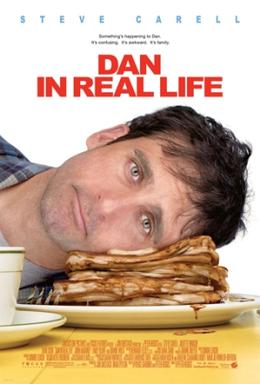












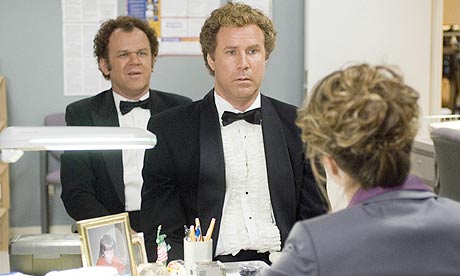



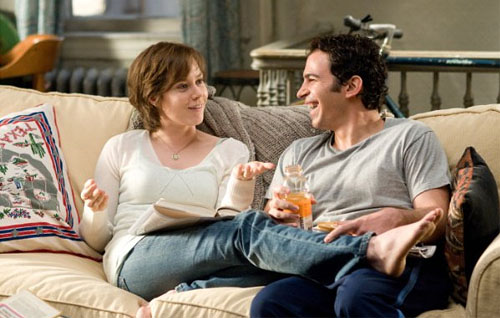


-pic.jpg)

